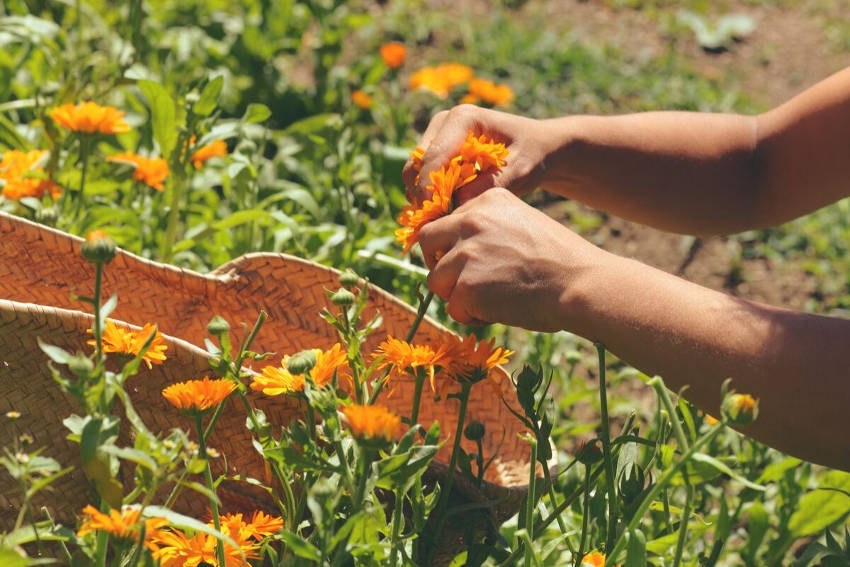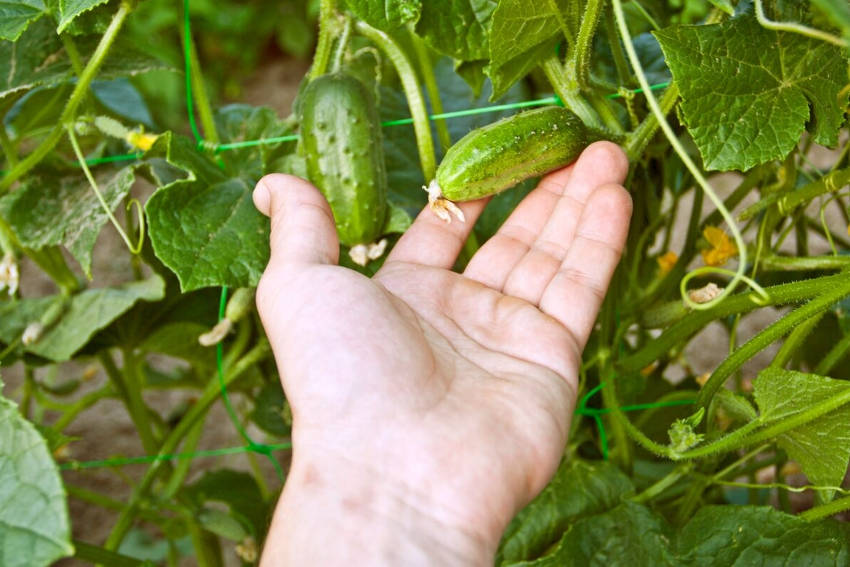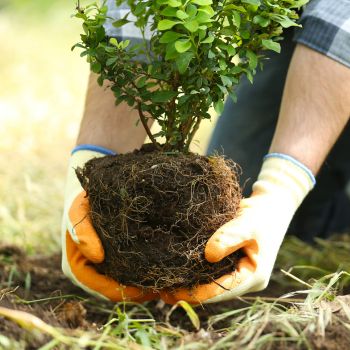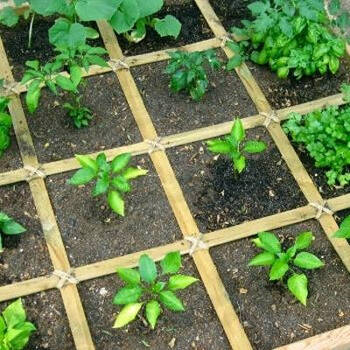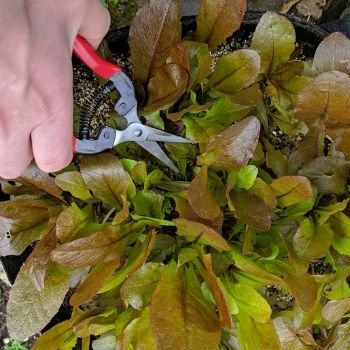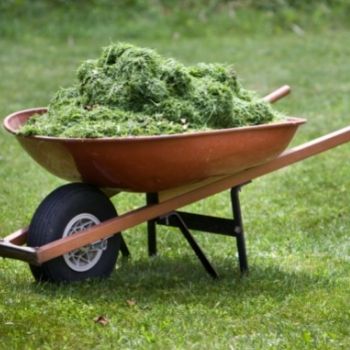Successful gardening is all about working with nature rather than against it. But sometimes, the best results are achieved by taking advantage of a plant's normal behaviour in ways which nature didn't intend.
An extremely common approach of this type is to pick a flower or a vegetable early and repeatedly, which can increase the lifetime and overall yield of the plant significantly. How does this work?
Aims and Ambitions
Often, plants and gardeners have different ultimate aims. Plants want to produce the next generation, usually by setting seeds, while gardeners want a beautiful display or a delicious harvest.
Sometimes, these destinations are the same. For example, herb plants allowed to set seed will provide useful spices, while squashes, tomatoes, and many fruits are best harvested when fully mature.
At other times, the balance isn't quite so convenient. When a gardener cuts a flower or picks an immature vegetable, the reproduction process is thwarted. On the other hand, once a plant has successfully reproduced, it will often either die back or at least slow down growth until the next season.
Pick Early and Often
But this is where picking early and often comes in. By stopping a plant from completing its reproductive journey, it's forced to go back to the beginning.
Depending on the species, it will produce a new set of blooms, buds, foliage, or fruits, as it again attempts to reach maturity. The overall effect is to extend the display or increase the harvest.
This behaviour can be seen across most of the plant world. Many ornamental plants will continue producing more and more flowers until their seed-setting ambition is finally achieved. Picking green beans while still young and tender will keep the stalk producing new beans for the entire season. Cutting most salad leaves at an early stage means you can come back for more within only a few weeks.
Other Benefits
And what's more, picking regularly helps to keep pest problems down, as you have fewer over-ripe or decaying parts of the plant left to attract undesirables. Also, younger fruiting vegetables tend to be sweeter and juicier, more than making up for their smaller size.
By being proactive and picking frequently, gardeners can turn the natural life cycles of plants to their advantage. Just be sure to uphold your side of the bargain and let at least some of your plants complete their cycle. Your garden's birds and bees will appreciate it, and you'll also enjoy a free, final harvest of seeds to use again next year.
